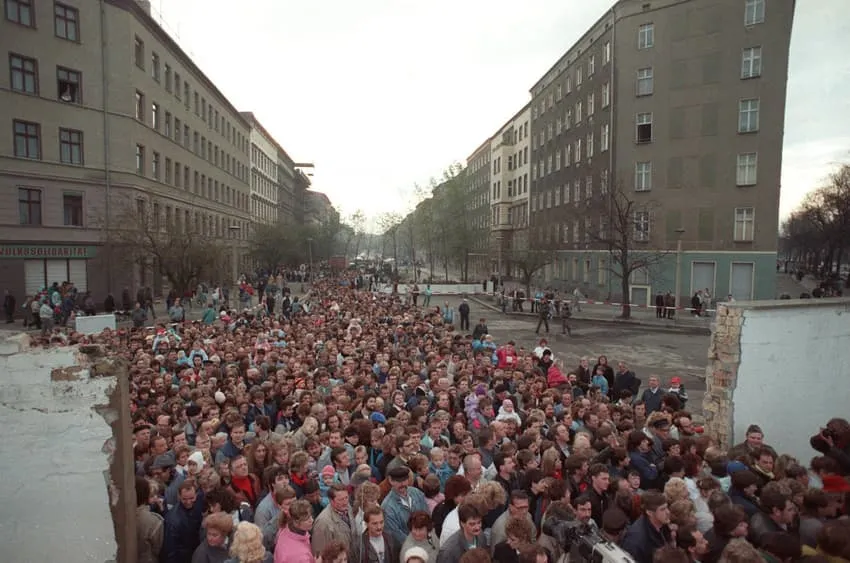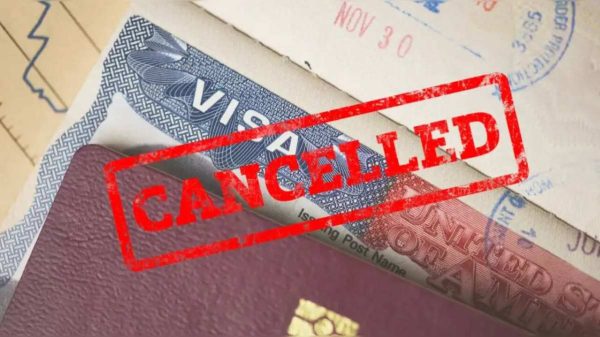Despite the decline in Germany’s annual inflation rate to 6.1% in May, the country still faces significant challenges in its economy. The recent contraction in the economy, marked by a 0.3% decline in gross domestic product (GDP) in the first quarter, has raised concerns about a possible recession. The German Federal Statistical Office has announced that the country’s annual inflation rate has eased, marking a decline from the 7.2% recorded in April. This development is seen as a welcome relief, especially considering the country’s economic woes.
One of the key factors driving inflation in Germany is the increase in food prices, which rose by nearly 15%. This is a significant concern, especially for low-income households who spend a larger proportion of their income on food. While the annual increase in food costs did ease slightly in May, it still remains a significant challenge for consumers. The government’s efforts to mitigate the impact of rising energy costs, including the introduction of a new public transport ticket, have proven popular and are seen as a positive step towards easing the burden on consumers.
Energy prices, which were a major driver of inflation in the aftermath of Russia’s invasion of Ukraine last year, witnessed a much slower rate of increase in May, standing at 2.6%. This is largely due to the government’s efforts to mitigate the impact of rising energy costs. However, the fact remains that Germany is still struggling with high inflation rates, particularly in the food sector.
Another area of concern is the decline in real wages in Germany. According to official data, real wages in the first quarter of this year were 2.3% lower than a year earlier, despite a 5.6% increase in nominal wages. This means that the purchasing power of workers has decreased, making it more challenging for them to maintain their standard of living.

German Economy Slowly Healing Wounds
The German economy is not the only one facing challenges. The eurozone as a whole is grappling with high inflation rates, with the latest figures showing an increase to 7% in April. The European Central Bank (ECB) has been grappling with the issue of high inflation, and it has taken several measures to curb price growth. The introduction of quantitative easing and negative interest rates are just a few examples of the ECB’s efforts to stimulate economic growth and keep inflation in check.
However, these measures have their limitations, and it remains to be seen whether they will be effective in achieving the desired outcomes. The German government and the ECB will need to continue to implement measures to stimulate economic growth and keep inflation under control. The German economy faces a long and challenging road to recovery, and it will be crucial for policymakers to work together to address the issues that plague it.
While the easing of inflation in Germany is a positive development, the country still faces several challenges. The rise in food prices continues to be a concern, and the decline in real wages is a sign that the economy is still struggling. The German government and the ECB will need to continue to implement measures to stimulate economic growth and keep inflation under control.











































